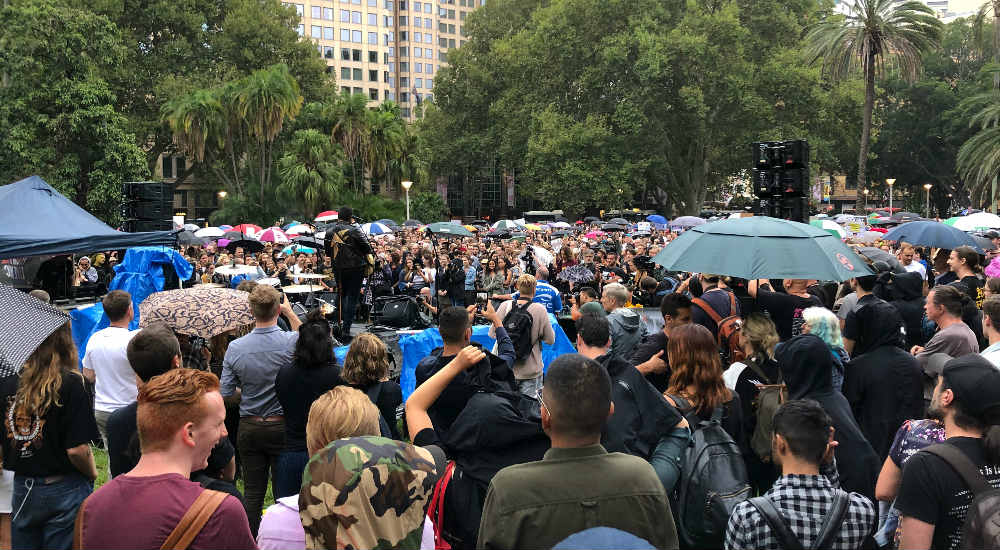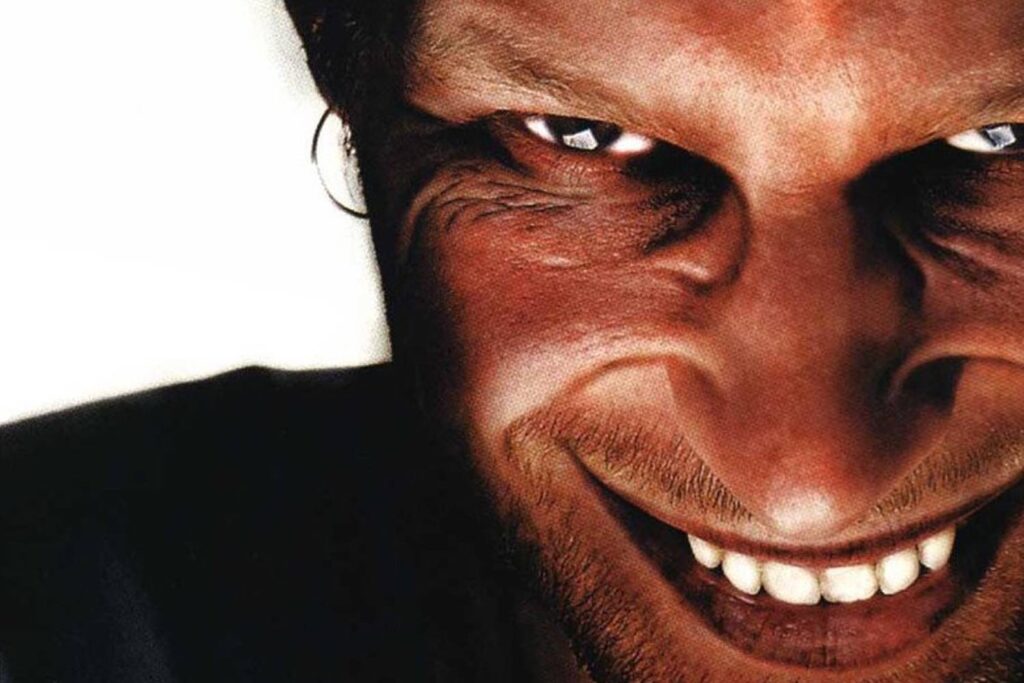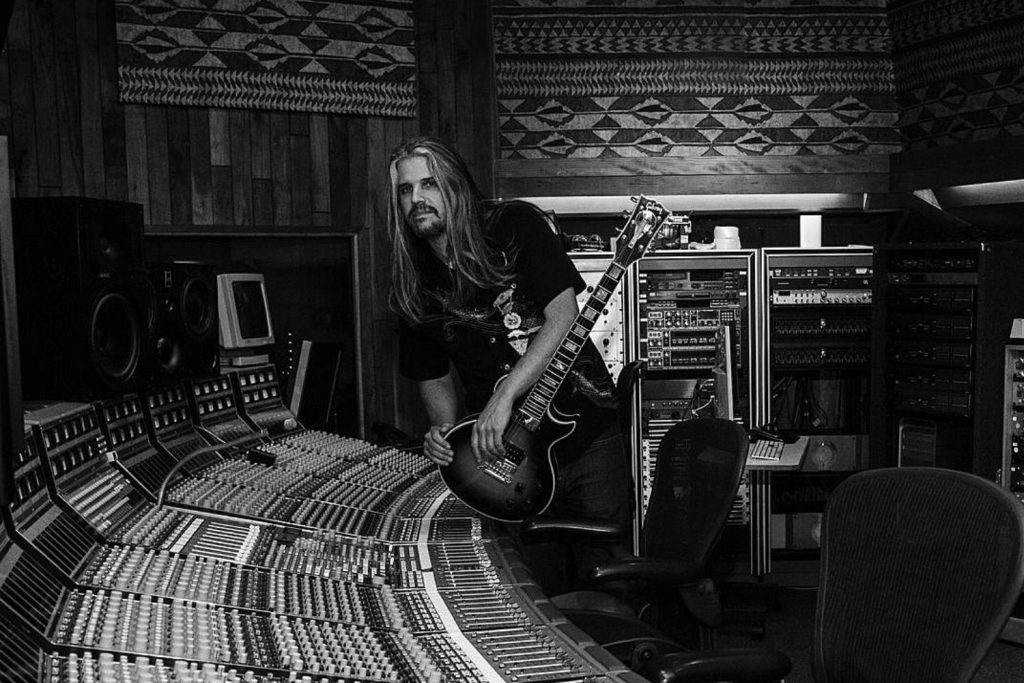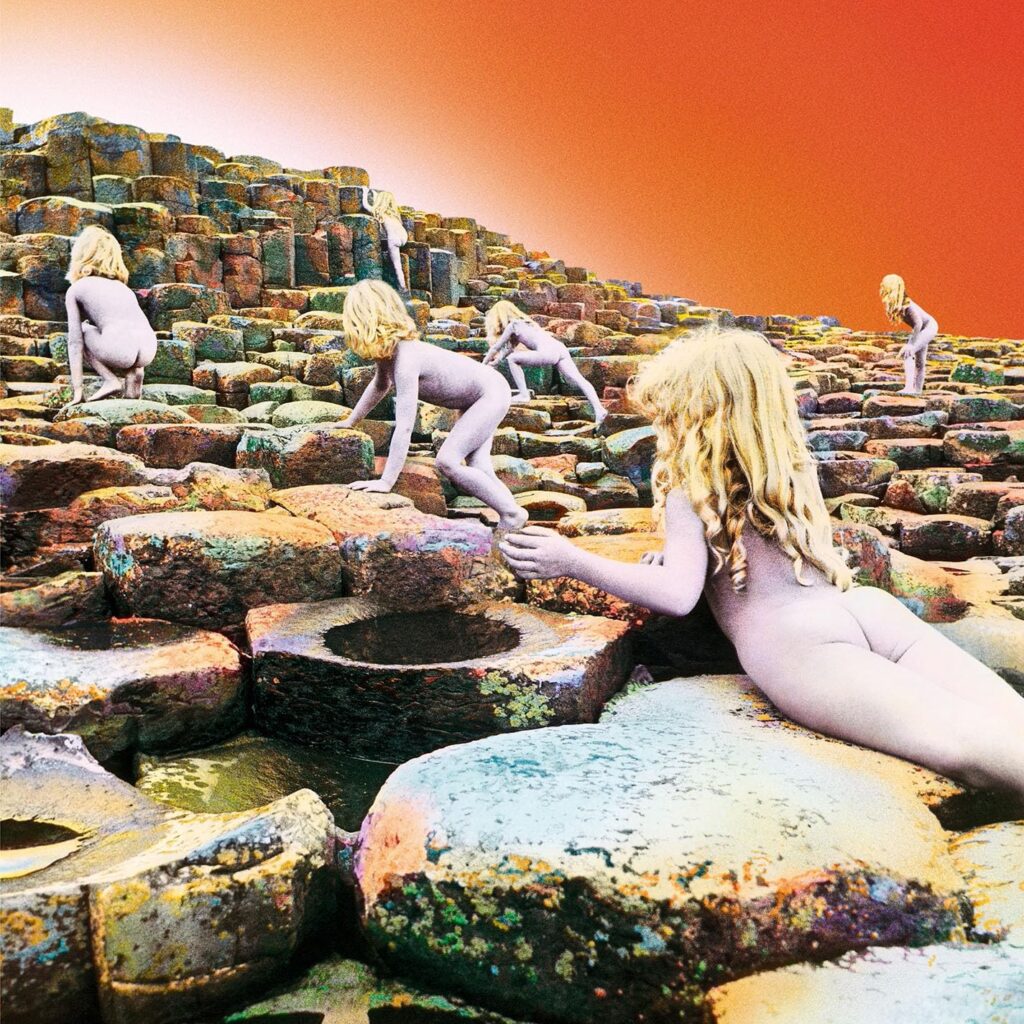Fast forward almost a decade later and the industry is at a crossroads once more. In response to the tragic deaths at music festivals over the past 12 months, the NSW government has acted and enforced new restrictions that strive for harm minimisation — but are likely to eradicate multiple festivals in the process. The lack of transparency, the minimal consultation with music professionals, and the apparent absence of insight into the ins and outs of festivals these new restrictions suggest has caused uproar in the music community. The cancellation of Mountain Sounds just a week out from the event was one of the biggest turning points, and one that can reportedly be linked directly to the change in legislation.
But as was the case with the restrictions placed on live music in Victoria nine years ago, the people of NSW are standing up for the cause and making their voices heard. Don’t Kill Live Music, an initiative launched to protect music festivals from the prohibitive changes put forward by the Liquor and Gaming Authority, is at the forefront of the industry in the fight to save our country’s music festivals. Their rally in Sydney’s Hyde Park last month saw more than 10,000 people attend, plus performances and advocacy from the likes of Ocean Alley, Dan Sultan, The Rubens and Polish Club, alongside a host of guest speakers including The Presets, Hoodoo Gurus, and representatives from the City of Sydney.
DKLM has outlined their concerns in an open letter to Australians, detailing the ways in which the State Government has “declared war on music and culture in NSW.”
“The NSW State Government is vilifying live music with knee-jerk regulation,” wrote DKLM. “Instead of consulting with festival experts, the NSW Government imposed punitive regulation that specifically targets music festivals and music fans. Festivals are being used as a scapegoat for years of failed drug and alcohol policy.
“We want our music culture to be safe and inclusive. Onerous and ill-considered regulation will not save lives. And the State Government is decimating our music culture in the process.”
DKLM and the wider national music industry in general have taken issue with these changes on a number of fronts. Firstly, the changes were drafted and put into effect following minimal consultation with music professionals. Expert insight from those involved in organising festivals appears to have not been a critical source on which to base the changes, a problematic decision at its core. Secondly, the apparent lack of transparency is alarming. Festival promoters are reporting last-minute, late-night text messages to inform them of their event being branded as “high-risk,” a label that comes with a fresh batch of exorbitant costs and a host of logistical changes. Failure to comply means the festivals can’t go ahead and for many, this will almost certainly be the case.
Finally, DKLM has made it abundantly clear that it’s not the risk management strategies they are taking issue with, but rather it’s the lack of transparency, consultation, and effective communication that is cause for concern. The last thing a festival organiser wants is for their event to be unsafe. If change is going to be effective, it needs to be enacted appropriately. Communicating effectively with the industry you’re introducing new restrictions for is imperative, yet seems to have been a secondary priority in this case. DKLM has asked for a few fundamental actions to ensure effective change: to “form a music regulation roundtable to review all regulation impacting live music,” to “undertake a Regulatory Impact Statement for any regulation impacting music festivals,” to “develop an industry standard with full transparency for user-pays policing and medical services,” and perhaps most importantly, to “work with the music industry to develop robust, effective and achievable safety protocols for festivals.”
It’s not a huge ask.
Put simply, what the music industry is asking for is some communication. Festival organisers are naturally eager to contribute to ending the substance-related issues that are increasingly problematic around the nation. But putting regulations into effect based on minimal consultation with music professionals is already proving impossibly prohibitive for NSW festivals. These events are great vessels for change, but as any festival organiser will tell you, planning and communication with all stakeholders is key. The problems here are bigger than festivals. They permeate so many aspects of our society, and finding a way to address them is a high priority. But this approach has left the music industry in the dark, and needs to be reassessed in order to influence positive change.
What NSW needs is a symbiotic relationship between the government and the music industry. They need two-way communication to achieve effective results. Eradicating festivals and destroying the weakened live music industry across the state is not the answer to solving a problem that is on a national scale. The issues are serious and need to be addressed, but if the solution was as simple as ending music festivals, it would’ve been solved a long time ago. This issue is ingrained in society; it will take more than crossing off a few festivals from the list to solve it.
To find out more, visit dontkilllivemusic.org.






